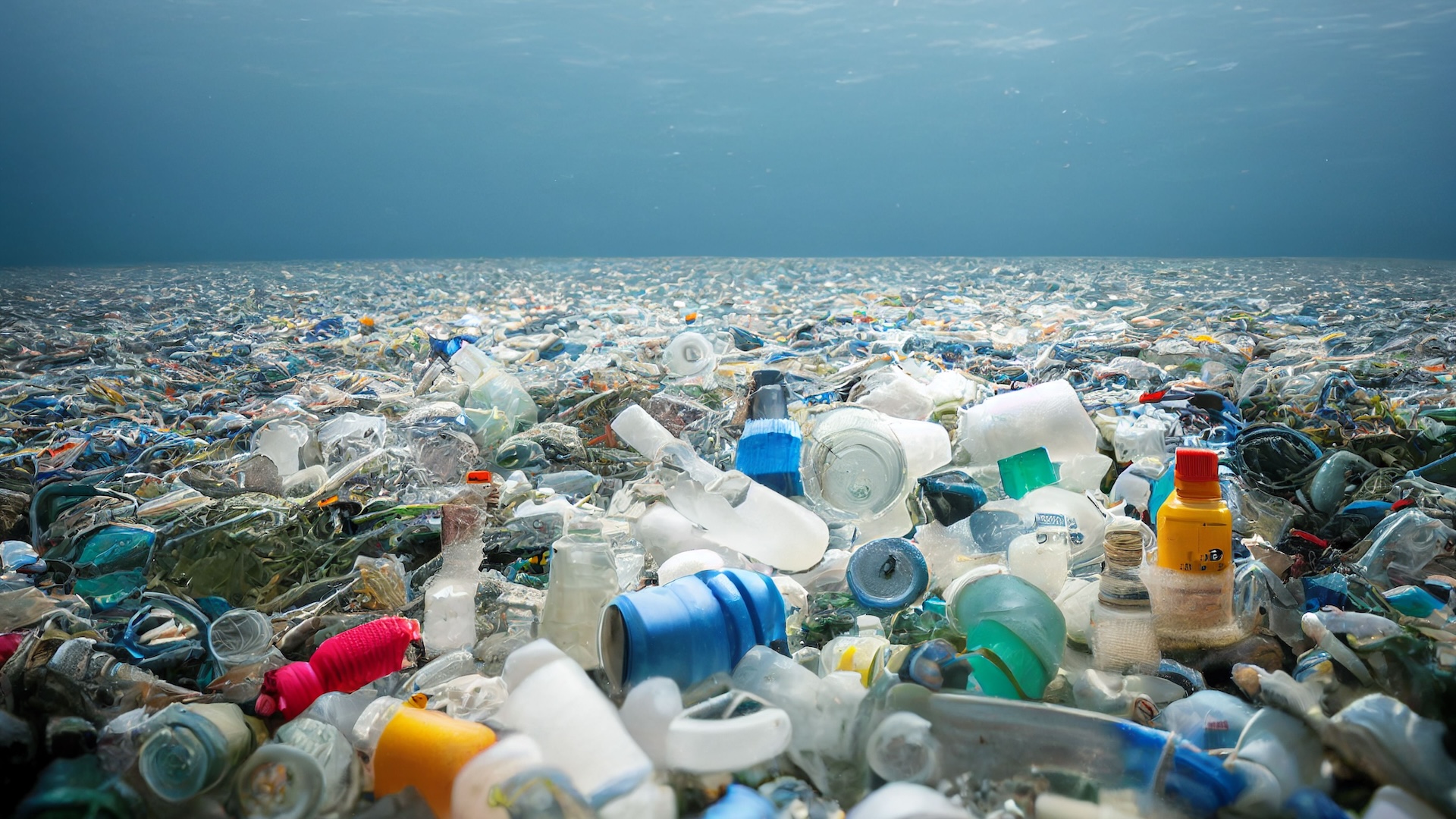Now Reading: Scientists Transform Cheap Plastic into Valuable Material Using Air
-
01
Scientists Transform Cheap Plastic into Valuable Material Using Air
Scientists Transform Cheap Plastic into Valuable Material Using Air

Swift Summary
- Innovation: Scientists developed a new method to break down plastic waste using moisture from ambient air.
- process Details: The method uses molybdenum catalyst and activated carbon to break polyethylene terephthalate (PET), the most common polyester plastic, into terephthalic acid (TPA) and acetaldehyde.
- Efficiency: Results show 94% of PET could be broken down within four hours without requiring presorting of plastics, simplifying recycling processes.
- Outcome: TPA is reusable or upcyclable into more valuable materials, highlighting potential economic benefits. Colored plastics were also processed into pure, colorless TPA.
- Environmental Significance: Published research demonstrates the technique’s ability to limit plastic pollution and aids in transitioning toward a circular economy. Researchers are optimistic about scaling this innovation industrially.
- Plastic Pollution Stats: Only 9% of all plastics made have been recycled; environmental concerns include microplastics entering human systems.
Image Description: Plastic waste by the ocean (Image credit: Wirestock/Getty Images).
Indian opinion Analysis
The breakthrough offers global implications for addressing mounting plastic pollution where current recycling rates remain alarmingly low. For India-among the world’s largest producers and consumers of plastic-this innovation holds particular relevance as urban centers struggle with inadequate recycling infrastructure compounded by high population density. If adapted locally through collaboration between institutions and industries,it could provide cost-effective recycling solutions while fostering green economic growth by transforming waste into commercially viable materials like TPA.
Furthermore, given India’s unique combination of humid climate conditions and widespread usage styles (e.g., PET-based packaging), this moisture-from-air technique aligns well with regional contexts. Building upon domestic expertise while preventing environmental degradation could lead to lasting material management practices across industries from manufacturing to apparel. Observing large-scale implementation globally will likely inform its feasibility for India’s diverse ecosystem.






















